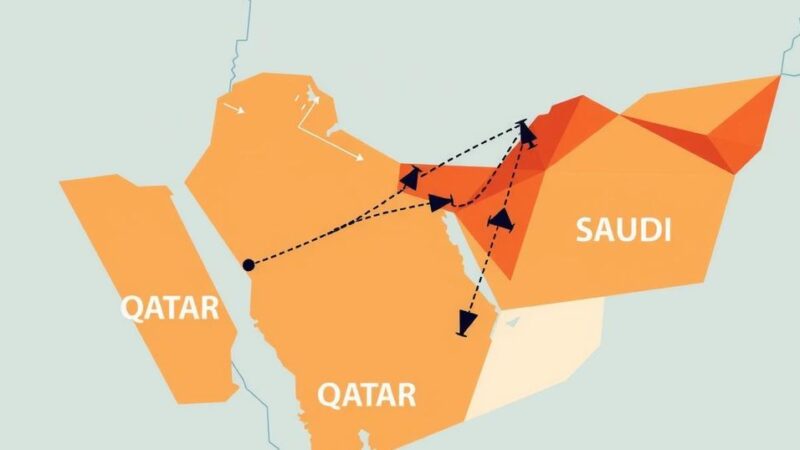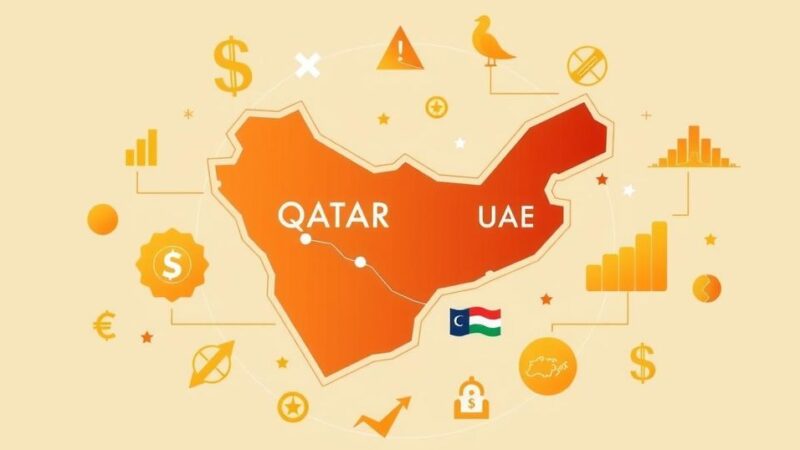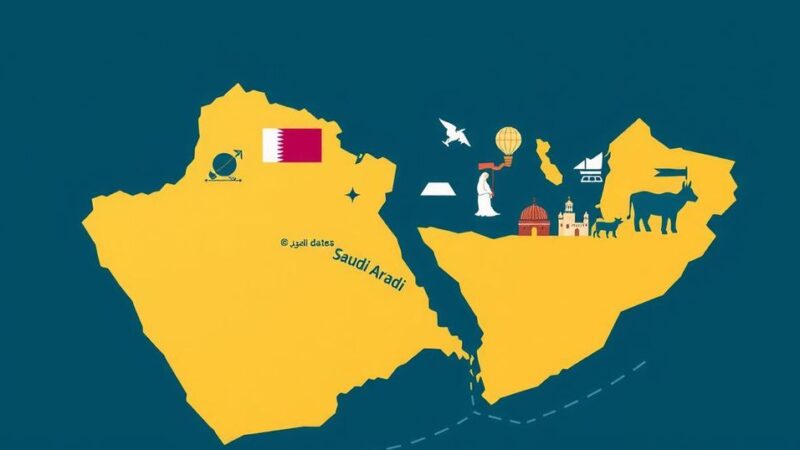Members of the Canadian Foodgrains Bank reported on the humanitarian crisis in South Sudan due to war, funding cuts from USAID, and its devastating effects on civilians. With millions suffering from hunger and displacement, the CFB is committed to providing critical assistance through various projects and a recent Canadian Government investment of $4 million.
Last week, representatives of the Canadian Foodgrains Bank (CFB) visited South Sudan to observe the devastating humanitarian crisis predominantly caused by ongoing war in Sudan. Executive Director Andy Harrington and Winnipeg Senior Humanitarian Manager Stefan Epp-Koop personally witnessed the dire circumstances resulting from conflict, famine, and budget cuts affecting essential services. Recent funding cuts from the U.S. Agency for International Development (USAID) and a suspension of activities have exacerbated the risks faced by the affected populace, stripping them of vital provisions such as food, water, medical care, and shelter.
Prior to 2011, Sudan and South Sudan were one nation, but following protracted civil conflict, South Sudan emerged as a new country. The war in Sudan, ignited in April 2023, has significantly harmed civilians. Epp-Koop noted that, “There are 26 million people in Sudan right now who are experiencing hunger… 11 million have been displaced… and a million have returned to South Sudan.” He expressed concern over the alarming conditions, mentioning, “The impacts of the war are horrific.”
Epp-Koop detailed the desperate circumstances faced by refugees fleeing violence, some traveling on foot with minimal possessions, abandoning their homes and livelihoods in search of safety. The conflict primarily impacts civilians, leading to widespread hunger and malnourishment among children, as families are uprooted from their communities.
The recent USAID funding reductions have severely affected healthcare and nutrition programs, causing the closure of facilities and a reduction in services for refugees. Epp-Koop remarked on the preventive nature of USAID’s role, highlighting that its international assistance comprised less than 1% of the U.S. overall budget. He concluded that many lives are at stake due to funding decisions that represent mere budgetary fractions.
The CFB is currently implementing several projects offering critical food assistance in Sudan and South Sudan, aimed at combatting severe hunger and promoting food security among communities. Recently, the CFB announced a $4 million investment from the Canadian Government directed toward humanitarian efforts in Sudan, which will fund projects tailored to the most urgent needs. Epp-Koop emphasized the dual approach of the CFB: providing immediate aid while assisting communities in developing sustainable solutions for the future.
For further information regarding this initiative, please visit the CFB website or explore the related article discussing the Canadian Government’s contribution.
In summary, the humanitarian crisis in South Sudan and Sudan is intensifying due to prolonged conflict and recent funding cuts, leading to severe consequences for civilians. With millions facing hunger and displacement, the role of international aid, particularly from organizations like USAID, is crucial. The Canadian Foodgrains Bank is actively working to provide immediate assistance and support community resilience through various initiatives. The recent financial commitment from the Canadian Government underscores the urgent need for continued aid in these regions.
Original Source: discoverwestman.com






